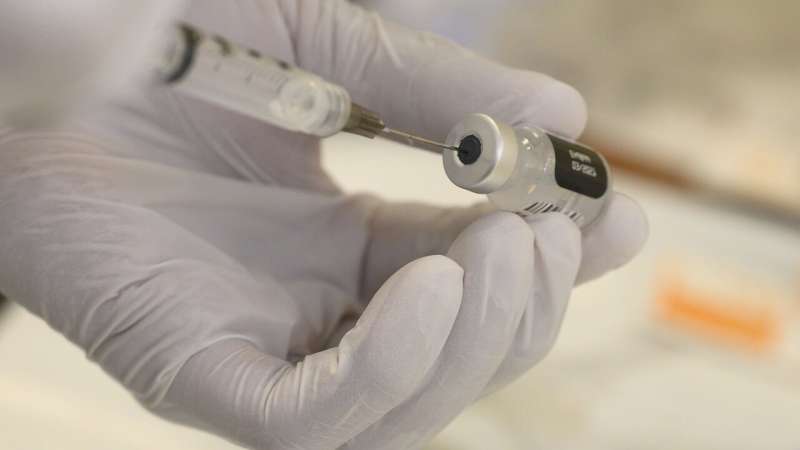Innovative Phenol-Based Lipids Enhance Safety and Effectiveness of mRNA Vaccines

Discover how incorporating phenol groups into lipid nanoparticles enhances mRNA vaccine safety and efficacy, reducing inflammation and boosting therapeutic outcomes.
Researchers at the University of Pennsylvania have developed a novel approach to improve mRNA vaccine technology by incorporating phenol groups into lipid nanoparticles (LNPs). This advancement aims to reduce inflammation and side effects commonly associated with current mRNA vaccines, such as soreness and malaise, while boosting their efficacy.
Traditionally, ionizable lipids in LNPs are synthesized using chemical reactions that join two components into a single molecule. However, the team explored an alternative method: the Mannich reaction, a chemical process discovered over a century ago, which combines three precursors and allows for a broader range of molecular modifications. Employing this technique, they created hundreds of new lipids, among which phenol-containing lipids stood out for their anti-inflammatory properties.
Phenol groups are known to combat oxidative stress by neutralizing free radicals—unstable molecules that damage cellular components and contribute to inflammation. Tests showed that LNPs formulated with phenol-based lipids elicited significantly less inflammatory response in biological models. Moreover, these lipids enhanced vaccine performance by facilitating longer-lasting effects and improving the delivery of gene-editing tools such as CRISPR, as well as cancer therapies.
In animal studies, the new C-a16 lipids delivered gene sequences that made fireflies glow about 15 times brighter than standard formulations, indicating increased efficiency. They also doubled the effectiveness of treatments for hereditary liver disease (hATTR) using gene editing. In cancer models, vaccines utilizing phenol-containing lipids shrank tumors three times more effectively than traditional LNPs and invigorated immune responses. Additionally, when used in COVID-19 vaccines, these lipids boosted the immune response fivefold.
The findings suggest that revisiting and applying classic chemical reactions like the Mannich process can lead to innovative solutions in medical nanotechnology. This approach opens pathways for designing safer, more potent mRNA delivery systems, ultimately advancing treatments for genetic diseases, cancer, and infectious diseases.
For more information, refer to the original study in Nature Biomedical Engineering: [DOI: 10.1038/s41551-025-01422-8].
Stay Updated with Mia's Feed
Get the latest health & wellness insights delivered straight to your inbox.
Related Articles
Public Health Support: The Key to a Healthier Future for the Nation
Investing in public health is crucial for ensuring a healthier future, reducing disease, and saving lives. Recent funding cuts and vaccine debates threaten these vital protections. Learn why public health supports longevity and well-being.
Benefits of Heart-Healthy Lifestyle Extend to Whole Body, New Study Reveals
Research from Emory University confirms that heart-healthy habits positively impact the entire body, reducing chronic disease risk and improving overall well-being.



